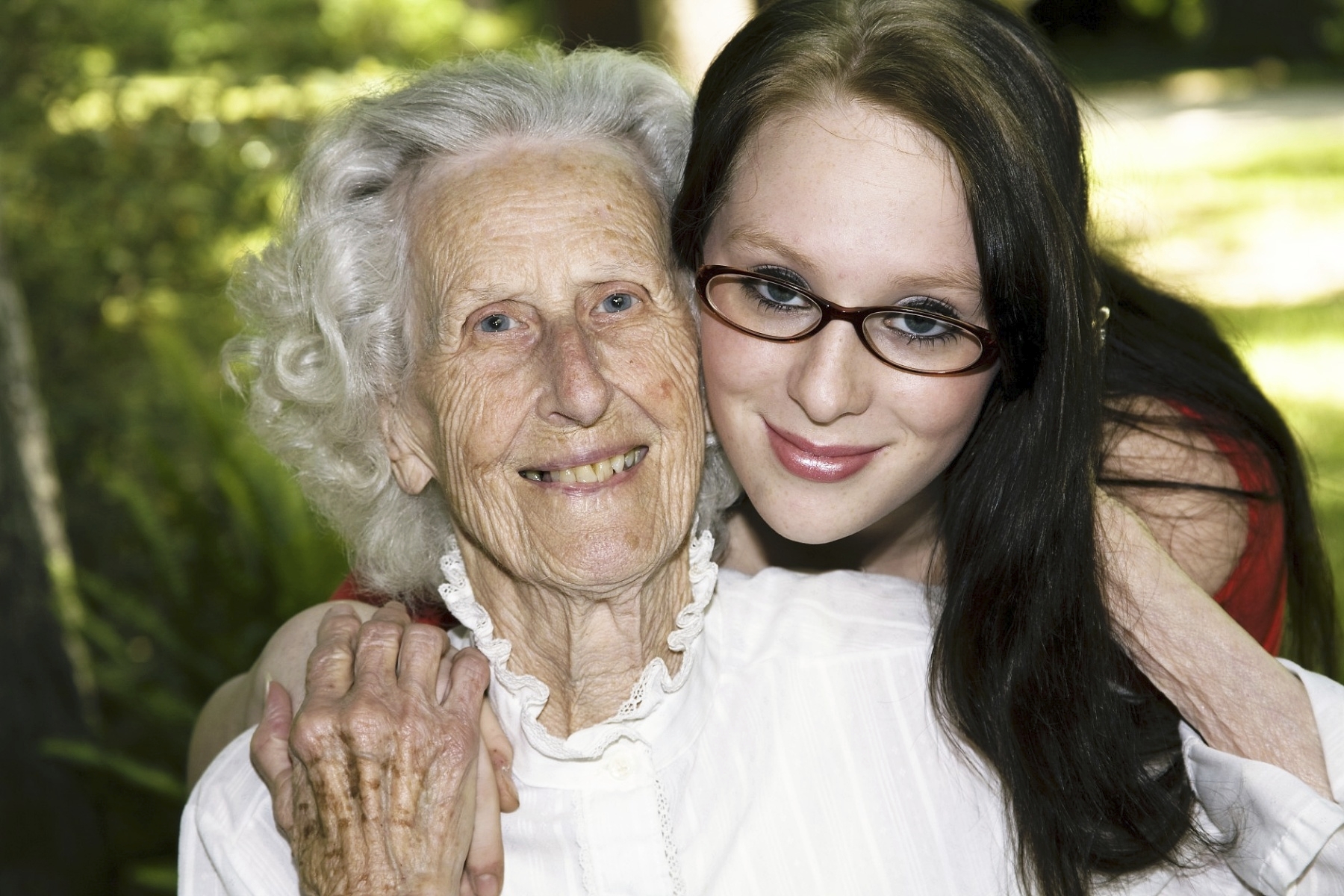AARP Hearing Center

Today, more than one in four adults in America is caring for a loved one who needs help, usually a parent. Here in Connecticut, more than 486,000 residents are providing unpaid care for a loved one. In fact, if you aren't already a caregiver, chances are, you will be one day. Many times an adult child is cast suddenly into this role after an aging parent suffers a fall or a medical crisis. But more often, a parent or loved one’s need for support happens gradually and may not be so obvious. The holidays are a great time to assess how elderly family members are doing to determine if they may need some extra help.
Here are things to look for as you visit your parents or other elderly relatives over the holidays:
Home safety - Look around your loved ones' house or apartment to see if it still meets their needs as they age. Sometimes simple fixes can make our homes more age friendly, like getting rid of tripping hazards, adding additional lights in dark areas, changing out door and cabinet hardware to levers, installing grab bars in bathrooms, or even a ramp and railing at the front entrance. You can find these and other helpful ideas in the AARP Home Fit Guide, online at www.aarp.org/homefit.
Driving skills - If your older relatives are still driving, ride with them and observe their behind-the-wheel skills. Are they having close calls? Are there dents or dings on the car or garage? Do they have difficulties at intersections? These are a few signs that it might be time to talk about limiting driving or hanging up the keys. Check out the “We Need to Talk” program – a free online seminar that can guide you through the tough discussion. Before you do, be sure to look around their community to see what alternative transportation options exist for shopping, medical visits, religious services and visits with family and friends if driving becomes too risky. Find these and additional safe driving resources at www.aarp.org/drive.
Health - If you don't already know about their health problems and medications, take this time to ask. How do their drugs make them feel? Are their prescriptions current? Are they having any problems taking their medications? Do they always remember which medications to take and when? Would a pill organizer be helpful?
See if they could use help with filling out forms, such as insurance claims.
Finances - This can be a difficult topic to broach, but it is important to discuss monetary matters before a crisis occurs. Ask your relatives if all of their financial information is in one place, and where you can access it in an emergency.
Check on the condition of their mail. Are bills stacking up? Are there late notices? Do they have any bills they can't pay?
Not every change is a cause for alarm, but it does signal the time when you should start having conversations with your older parents about getting help with managing daily tasks.
When the time is right to begin the conversation, go gently and let them know the conversation stems from your love and your worry about their safety. Be open to discussing options and listening to everyone’s perspective. If repeated conversations lead nowhere, you might bring in a trusted relative, friend, doctor, minister or rabbi to discuss your concerns. You can also tap into professionals who work with older people in your community.
For more tips, tools and guidance on caring for your loved ones, visit AARP's Caregiving Resource Center.
Help AARP support family caregivers and share your caregiving story at: www.iheartcaregivers.org.































































